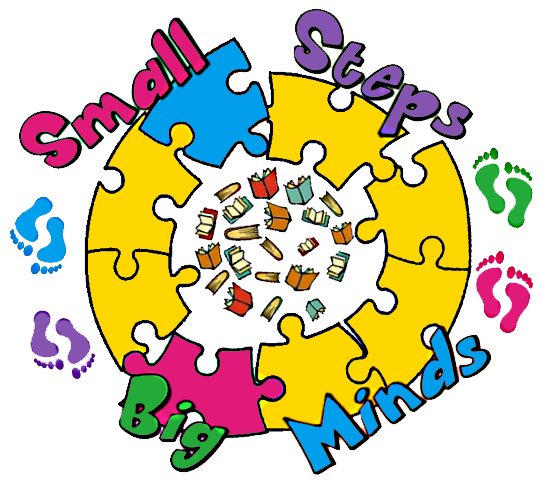Creative Play in Schools
In today’s education establishments there is a lot of attention on academic achievement and regular testing. This can often overshadow the importance of creative play in schools. However, research and educational experts are increasingly becoming aware of the immense benefits of including creative play into the curriculum.
In this blog post, we will explore the advantages that creative play offers to children in school.
From enhanced cognitive development to improved problem-solving skills and emotional growth, creative play provides a well-rounded educational experience that nurtures the whole child.
Cognitive Development
Creative play stimulates cognitive development by engaging children’s minds in imaginative and open-ended activities.
When the school students take part in activities such as building with blocks, painting, or dramatic play, they develop critical thinking, memory, and problem-solving skills. With imaginative play, children can explore different scenarios, experiment with new ideas, and develop flexible thinking.
These skills are essential in preparing students for the challenges of the future, where creativity and adaptability are highly valued. By including creative play into the school curriculum then schools will see the development of well-rounded individuals who can think outside the box and approach problems from various perspectives.
Social and Emotional Growth
Creative play encourages social interaction, collaboration, and the development of emotional intelligence.
When children engage in group activities, they learn several useful lessons including how to negotiate, communicate, and cooperate with others, fostering their social skills. Furthermore, creative play offers a safe space for students to express their emotions, imagination, and individuality. This emotional outlet allows children to gain a sense of self-confidence, self-awareness, and self-regulation. By encouraging creative expression, schools help students build resilience and emotional well-being, which are vital for their overall mental health.
Language and Communication Skills
Creative play provides an ideal platform for children to enhance their language and communication skills. When engaging in pretend play, children will naturally engage in storytelling, role-playing, and using language to express their ideas and emotions.
Taking part in these activities, means they expand their vocabulary, improve grammar and enhance their verbal and non-verbal communication skills.
Moreover, creative play encourages active listening and comprehension as children communicate and interact with their peers.
By integrating creative play into the curriculum schools foster language development and lay a solid foundation for effective communication in all areas of students’ lives.
Physical and Motor Development
Engaging in creative play activities, which can include art, dancing, or building, promotes physical and motor development. Students refine their fine motor skills, hand-eye coordination, and dexterity through activities that involve manipulating objects, drawing, and crafting.
Furthermore, physical activities like dancing or playing outdoors will contribute to the development of gross motor skills, balance, and spatial awareness. By providing opportunities for creative play schools contribute to the overall physical well-being of students, helping them develop healthy habits and an appreciation for an active lifestyle.
Conclusion
Creative play holds immense value in the education system, and schools should be aware of and select it for inclusion in the curriculum.
By fostering cognitive development, social and emotional growth, language and communication skills, as well as physical and motor development, creative play provides a holistic educational experience that nurtures the whole child.
Schools play a crucial role in preparing students for the complexities of the future, and by embracing creative play, they equip students with the essential skills and attributes necessary for success in an ever-changing world. Let us champion creative play as a vital component of education and unlock the full potential of students in UK school
